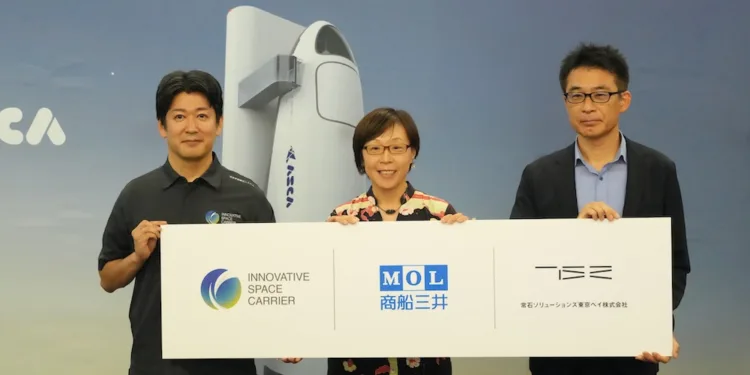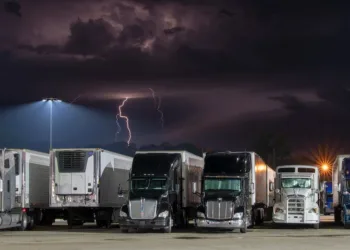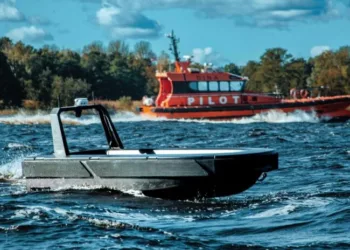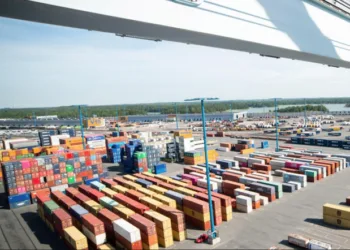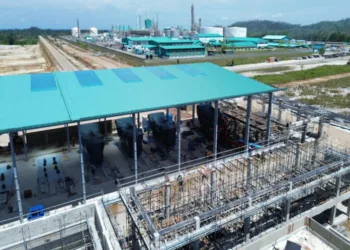In a bold leap beyond its traditional maritime roots, Mitsui OSK Lines (MOL) has announced plans to commercialise an offshore rocket launch and recovery vessel.
The initiative, slated for commercialisation around 2030, is being developed in partnership with Innovative Space Carrier (ISC) and Tsuneishi Solutions Tokyobay, a company formerly known as Mitsui E&S Shipbuilding.
The project traces its origins to MOL’s Incubation Bridge program, an internal initiative encouraging employees to develop new business ventures. The concept evolved into a full-scale collaboration with ISC and Tsuneishi Solutions Tokyobay, both of whom bring space systems engineering and offshore design capabilities.
The development roadmap includes a recovery vessel as the first phase, followed by feasibility studies for an offshore launch platform capable of supporting a new generation of rockets. These platforms are expected to reduce launch congestion on land, enable flexible launch windows, and increase launch frequency — critical needs in a rapidly growing commercial space market.
Miwako Ando, an executive officer at MOL, commented: “We aim to contribute to the realisation of high frequency space transportation by providing offshore infrastructure for the space industry by establishing the technology and ship operation/management know-how necessary for the offshore launch and recovery of rockets.”
MOL is by no means the only shipping company assisting in the field of space exploration.
Chinese state-run COSCO, the world’s largest shipowner, has provided logistics support for China’s Long March rocket program, including sea transport of rocket parts and launch equipment, while Russia’s space launches from Baikonur and Vostochny are occasionally supported by Russian rail–sea logistics chains, involving state-linked shipping companies.
France’s CMA CGM has transported components for the Ariane rocket family, particularly when moving oversized modules between Europe and South America.
Foss Maritime, a major US towing and marine transportation firm, has been contracted to tow rocket stages and heavy components for the United Launch Alliance in the US.
While not a shipping company itself, Elon Musk’s SpaceX has used the services and conversions of maritime operators. Of Course I Still Love You and Just Read the Instructions are drone ships used for Falcon 9 booster landings, operated by converted offshore support vessels. SpaceX has partnered with marine logistics companies for booster recovery and cargo transport.
Jeff Bezos’s Blue Origin, meanwhile, has constructed a bespoke barge-based landing platform while the National Aeronautics and Space Administration (NASA) operates a custom cargo transportation barge.



